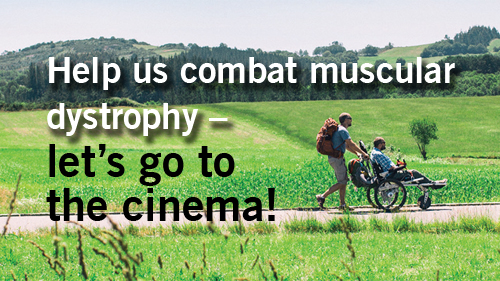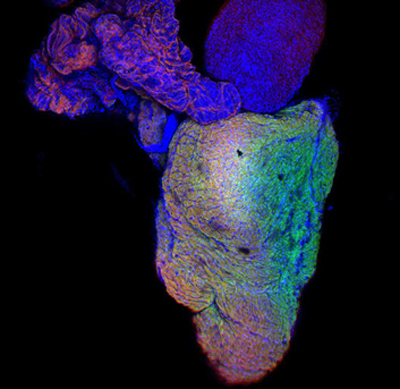Pint of Science 2018
IBEC researchers Samuel Sanchez, Miguel Bosch and María Rodríguez are set to take part in a global science outreach event taking place simultaneously in 21 countries.
IBEC researchers Samuel Sanchez, Miguel Bosch and María Rodríguez are set to take part in a global science outreach event taking place simultaneously in 21 countries.
IBEC researchers Samuel Sanchez, Miguel Bosch and María Rodríguez are set to take part in a global science outreach event taking place simultaneously in 21 countries.
IBEC researchers Samuel Sanchez, Miguel Bosch and María Rodríguez are set to take part in a global science outreach event taking place simultaneously in 21 countries.
Join us for a night at the movies and help accelerate research into muscular dystrophy!
Join us for a night at the movies and help accelerate research into muscular dystrophy!
Join us for a night at the movies and help accelerate research into muscular dystrophy!
Join us for a night at the movies and help accelerate research into muscular dystrophy!
 To round off its first Faster Future fundraising campaign, IBEC is organizing an exclusive European film première of “I’ll Push You”, the inspiring story of Justin Skeesuck and Patrick Gray, the first people to complete the Camino de Santiago in a wheelchair.
To round off its first Faster Future fundraising campaign, IBEC is organizing an exclusive European film première of “I’ll Push You”, the inspiring story of Justin Skeesuck and Patrick Gray, the first people to complete the Camino de Santiago in a wheelchair.Over the past 20 years, a progressive neuromuscular disease has slowly taken away Justin’s ability to use his arms and legs. He requires daily assistance in every aspect of life such as eating, bathing and getting dressed. In the spring of 2012, Justin asked his best friend Patrick if he would help him complete the Camino de Santiago, the 500-mile pilgrimage trail in Northern Spain. Patrick’s response was simple and direct: “I’ll push you.”
 A study carried out at CMR[B] in collaboration with IBEC and the UB has established that the ability of the heart to regenerate after a wound is related to the stiffness of its cellular environment and not only to the proliferative capacity of the cardiac cells, narrowing the window of regeneration to 48 hours after birth.
A study carried out at CMR[B] in collaboration with IBEC and the UB has established that the ability of the heart to regenerate after a wound is related to the stiffness of its cellular environment and not only to the proliferative capacity of the cardiac cells, narrowing the window of regeneration to 48 hours after birth.The research, published in Science Advances, paves the way for the development of therapies based on the pharmacological modification of the extracellular matrix to promote tissue regeneration after a heart attack or stroke.
Organised by NanoMedSpain